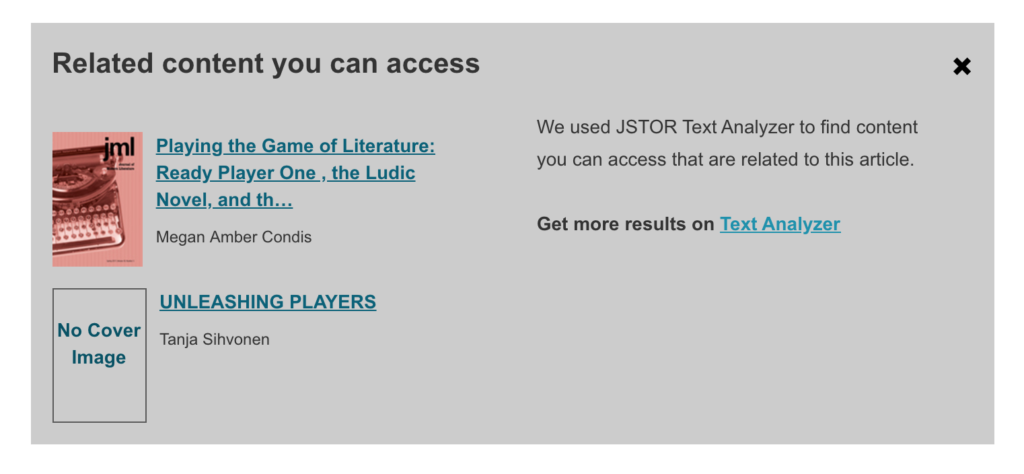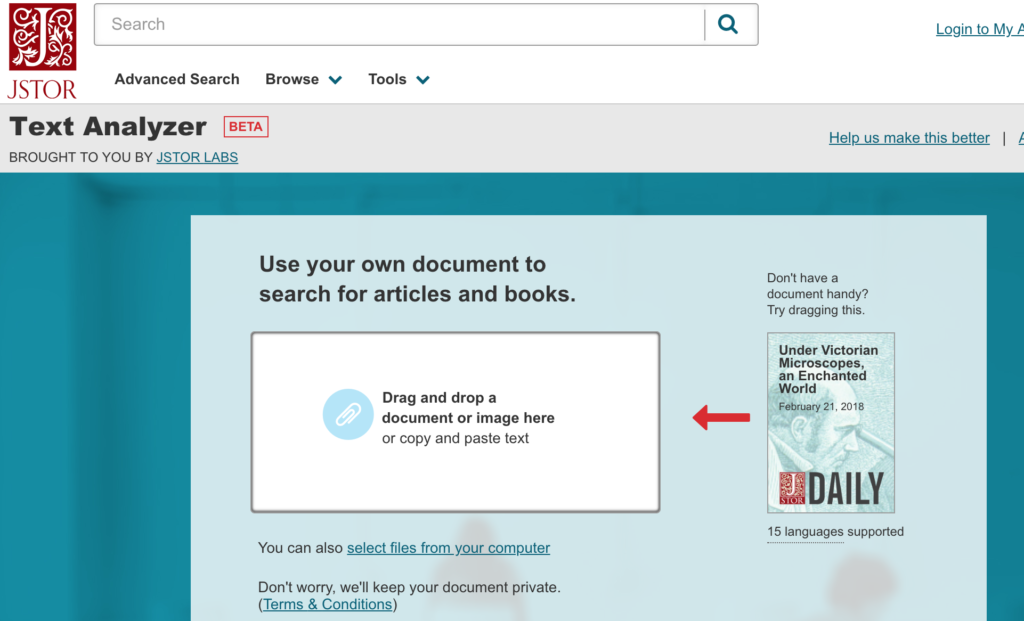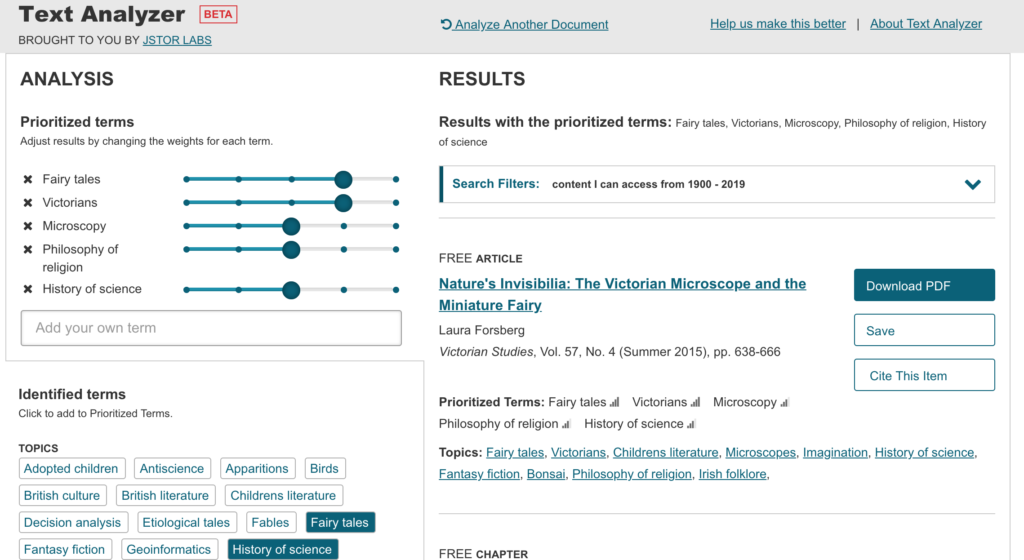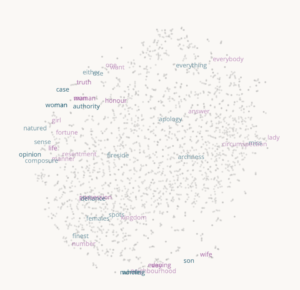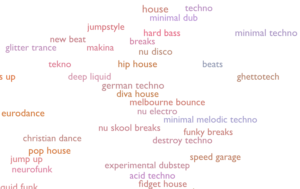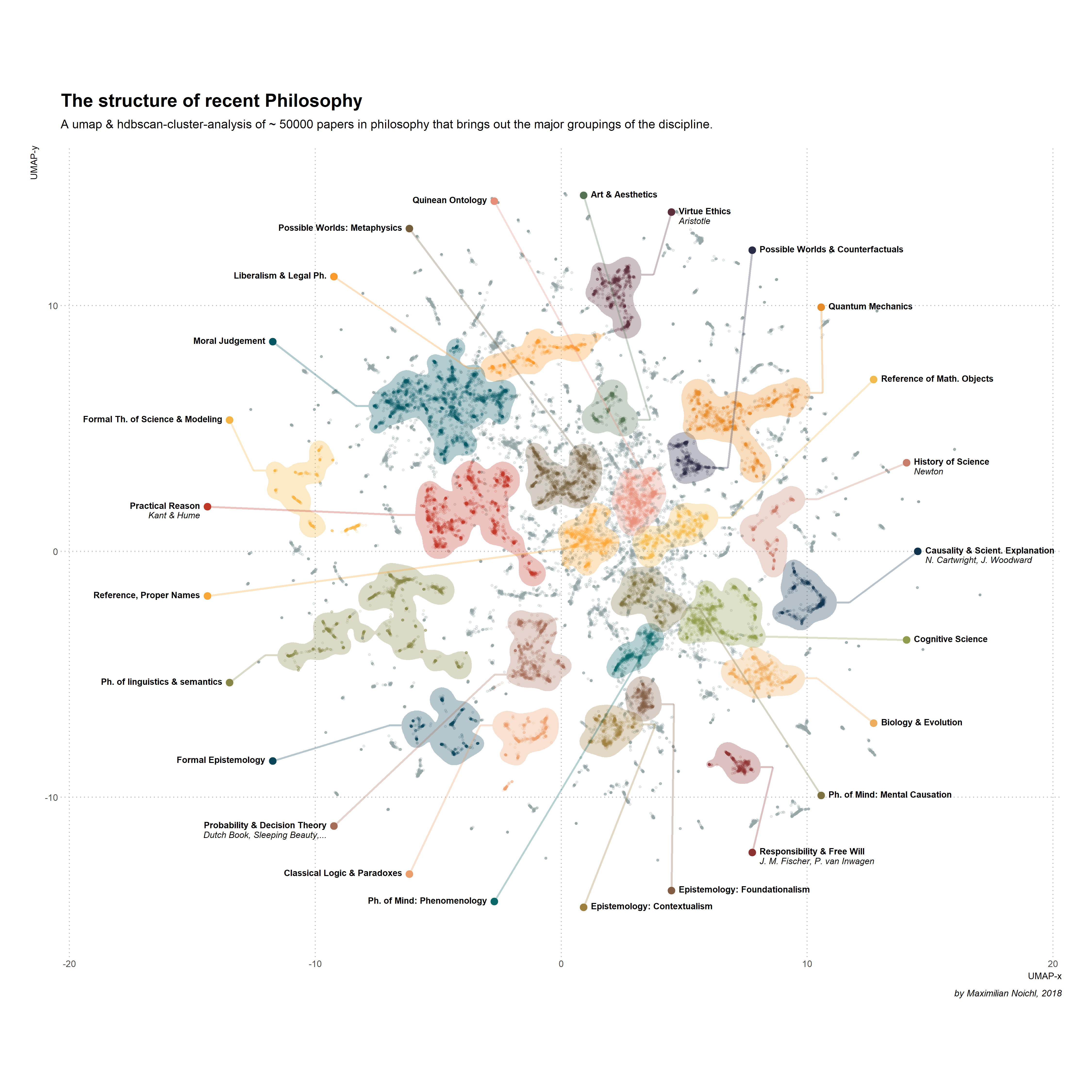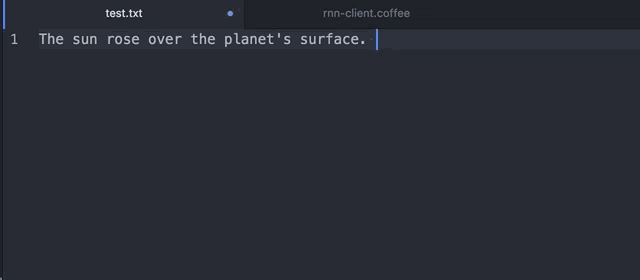In early June I was at the Congress for the Humanities and Social Sciences. I took conference notes on the Canadian Society for Digital Humanities 2019 event and on the Canadian Game Studies Association conference, 2019. I was involved in a number of papers:
-
Exploring through Markup: Recovering COCOA. This paper looked at an experimental Voyant tool that allows one to use COCOA markup as a way of exploring a text in different ways. COCOA markup is a simple form of markup that was superseded by XML languages like those developed with the TEI. The paper recovered some of the history of markup and what we may have lost.
-
Designing for Sustainability: Maintaining TAPoR and Methodi.ca. This paper was presented by Holly Pickering and discussed the processes we have set up to maintain TAPoR and Methodi.ca.
- Our team also had two posters, one on “Generative Ethics: Using AI to Generate” that showed a toy that generates statements about artificial intelligence and ethics. The other, “Discovering Digital Methods: An Exploration of Methodica for Humanists” showed what we are doing with Methodi.ca.
